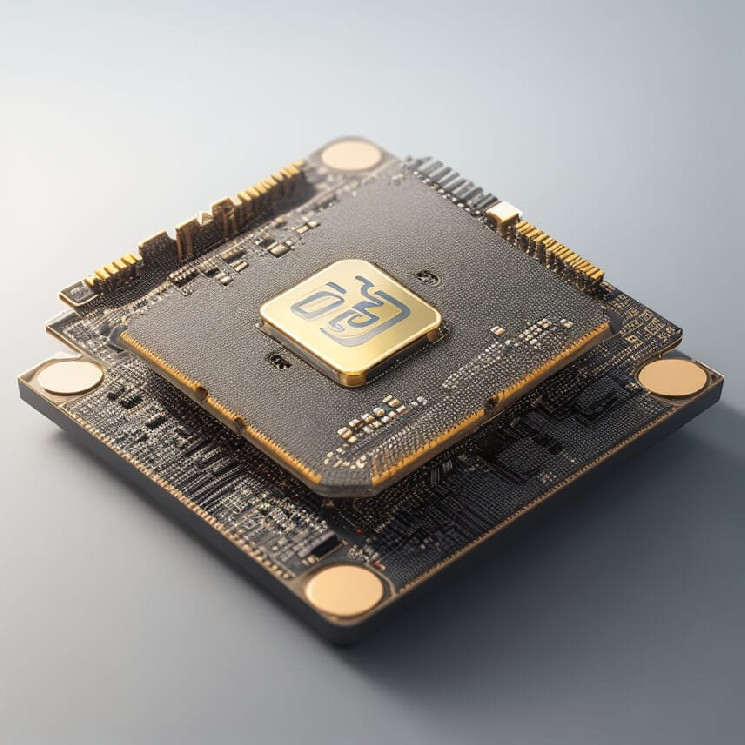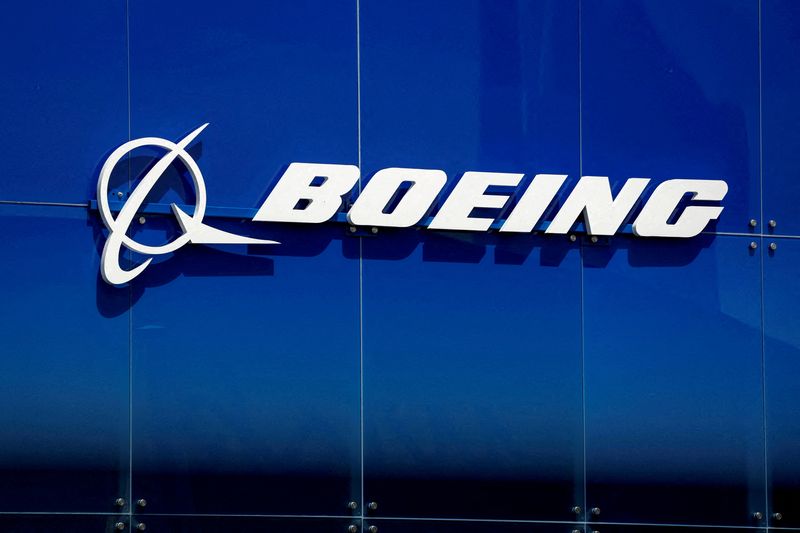Intel Corporation has announced the launch of its latest AI-focused computer chip, the Gaudi3, signaling a strategic move to compete directly with industry leaders Nvidia and AMD. The release prompted a 1% increase in Intel’s shares, underlining the significance of this advancement in the ever-evolving landscape of artificial intelligence processing.
Key competitors and market dynamics
Gaudi3 is poised to enter the market and contend with Nvidia’s H100, a preferred choice for companies developing chip farms tailored for AI applications. In addition, AMD’s MI300X, scheduled for release next year, is expected to intensify competition in this burgeoning sector. Nvidia’s dominance, with a stock surge of over 230%, and Intel’s 68% rise during the AI boom underscore the pivotal role these companies play in developing power-intensive AI solutions.
Intel’s strategic vision and Gaudi3’s impact
Intel’s foray into AI chips extends over four years, culminating in the Gaudi3, touted as the company’s most powerful offering. At a launch event in New York, Intel CEO Pat Gelsinger expressed enthusiasm for the trajectory of generative AI, predicting that the “AI PC” would take center stage in the coming year. Gaudi3’s introduction aligns with Intel’s broader strategy to compete with key players in the market, seizing on the growing demand for faster, more efficient chips.
Simultaneously, major players in the laptop market, including Lenovo, MSI, Acer, and Asus, are set to incorporate Intel’s latest Core Ultra processors in their new releases. These chips, known for their AI capabilities, also boast enhanced gaming performance and a remarkable 40% improvement in processing graphics-heavy programs such as Adobe Premier. Gelsinger emphasized that these PCs would feature both Core Ultra and Xeon chips, optimizing Windows-based laptops and PCs for swift AI program execution.
Future prospects: Core Ultra 9 and TSMC competition
The newly launched laptops and PCs are set to hit the shelves imminently. However, Intel has already teased an even faster chip, the Core Ultra 9, slated for release next year. The company’s ambition to rival Taiwan Semiconductor Manufacturing Co. (TSMC) is no secret, with Gelsinger articulating the pivotal role of Intel’s 7-nanometer chips in achieving this goal. The industry-wide shift towards designing components with AI capabilities has precipitated a surge in demand for more efficient chips, creating a dynamic and competitive landscape.
In conclusion, Intel’s unveiling of the Gaudi3 marks a significant step in its ongoing efforts to assert dominance in the AI chip market. The competition with Nvidia and AMD, the integration of AI capabilities into mainstream PCs, and the promise of future advancements with the Core Ultra 9 all contribute to the evolving narrative of AI in the realm of computer processing. As the industry continues to evolve, Intel’s strategic moves will undoubtedly shape the trajectory of AI technology in the coming years.








